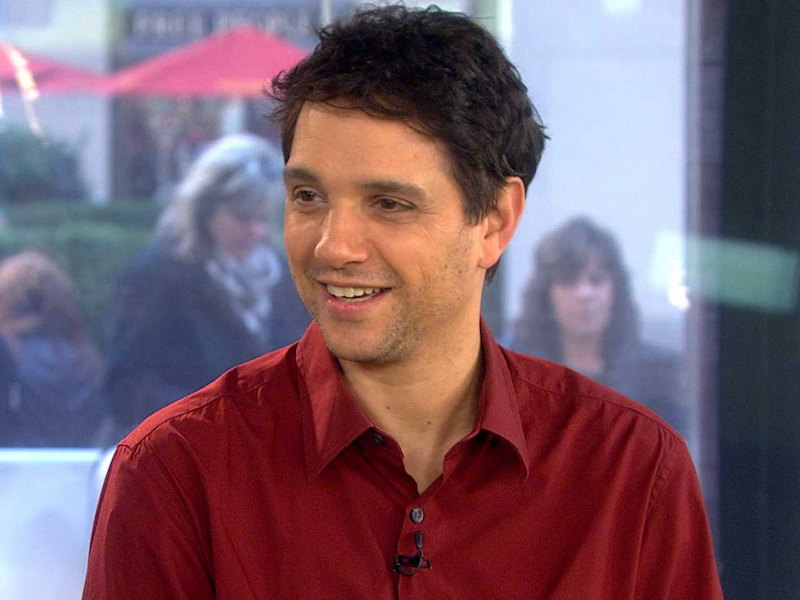The Karate Kid star Ralph Macchio reflected on film's cultural impact
Ralph Macchio addressed the diversity criticisms of The Karate Kid, highlighting the film's ahead-of-its-time elements and its portrayal of Japanese American heritage.

Rachel Macchio (Source: Today Show)
Ralph Macchio, iconic for his role in the 1984 classic The Karate Kid, recently addressed criticisms about the film's predominantly white cast. Looking back, Macchio sees the film as being ahead of its time, especially in its treatment of significant historical events. In an interview with Australia's Stellar magazine, Macchio responded to the claims about the film's "very white cast," emphasizing the movie's exploration of the Japanese internment camps during World War II. "It was a popcorn movie that talked about Japanese internment camps," Macchio stated, highlighting the film's deeper narrative layers often overshadowed by its mainstream success.
Honouring Japanese American heritage
The star also reflected on the importance of his co-star Pat Morita's role as Mr. Miyagi, noting that "it was so important to Morita to be 'authentic' to the Japanese American heritage in the movie." This authenticity is underscored by the poignant scene where Mr. Miyagi reveals his family's tragic history, a moment that Macchio reveals almost didn't make it into the final cut due to studio concerns.
Waxing On – A memoir of reflection
In his memoir, Waxing On: The Karate Kid and Me, Macchio offered an intimate look into his journey with the film and its aftermath. He delved into the humbling experiences of his career, the debates surrounding the original film, and its influence on the successful Cobra Kai series. "The Karate Kid has remained relevant for decades," Macchio reflected, acknowledging the film's enduring legacy and impact.
In retrospect, The Karate Kid remains a significant cultural artifact, one that transcended its era to become a beloved classic. Macchio's insights offered a fresh perspective on the film's nuances and its contributions to discussions on diversity and representation in Hollywood. His memoir serves as a testament to the film's lasting influence and the evolving conversations it continues to inspire in the world of cinema.
(Several parts of the text in this article, including the title, were generated with the help of an AI tool.)






